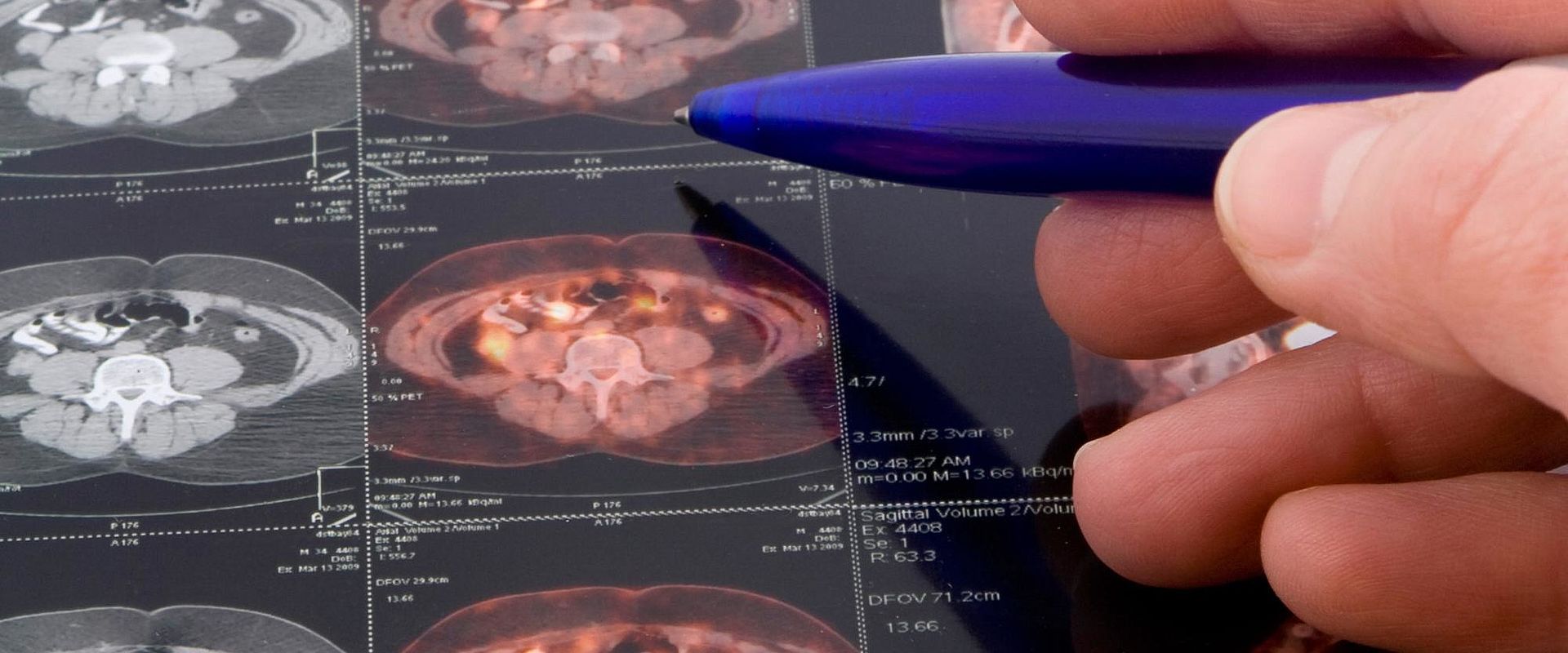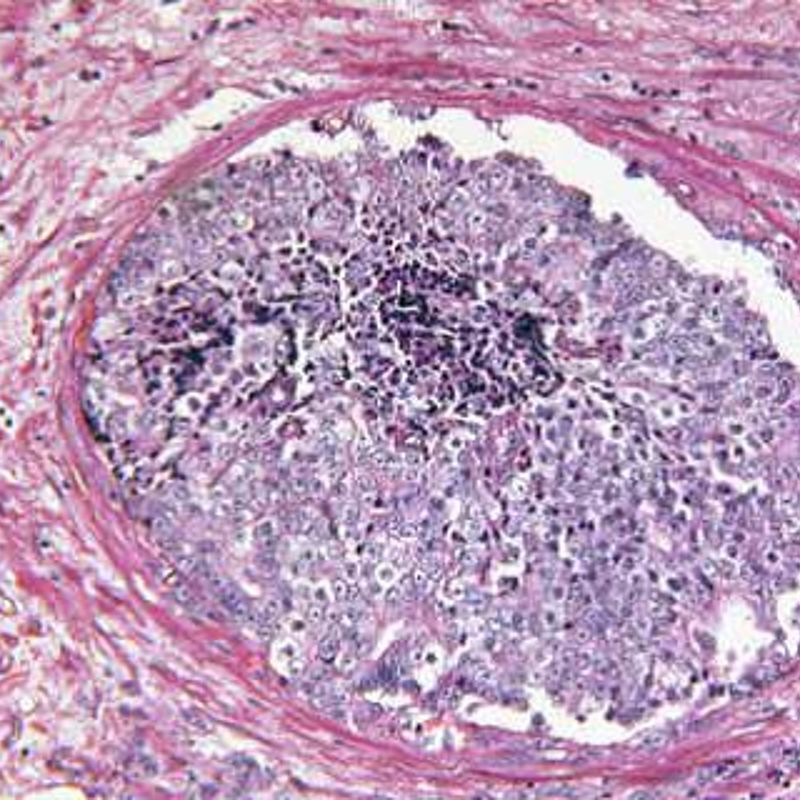
Traceability Boosts Cancer Therapy
Challenge
For many years molecular radiotherapy, MRT, has been used for palliative cancer care, but it has great potential to become a potent first line cancer treatment. The therapy uses radioactive drugs to target specific tumours, for example radioactive yittrium-90 microspheres are used to treat liver cancers.
However, accurate activity measurements of administered shortlived radioactive drugs in the clinic are needed to make sure that the tumour receives just the right radioactive dose. Therefore, both the activity meters used to make these measurements and the cameras taking images to confirm therapy delivery require accurate calibration. The calibration of activity meters typically involves hospital nuclear medicine departments measuring highly radioactive solutions and then sending these to expert laboratories for a rigorous activity determination. This extended traceability chain is time-critical as the radioactivity of nuclear medicine drugs drops rapidly. A more direct calibration chain would remove the need to transport highly radioactive and shortlived materials large distances and also increase the accuracy of clinical measurements.
Solution
The EMRP project Metrology for molecular radiotherapy (MetroMRT) devised a method for determining the dose to tissue per administered MRT to a patient, as a chain of measurements traceable to the SI units of dose and activity. Using the principles of metrology it was possible to evaluate the contribution to the dose measurement of the uncertainty due to the activity measurement. This demonstrated the importance of reducing the uncertainty in activity measurements.
A portable scintillation counting system, based on a technique which counts light flashes generated as radioactive decay occurs in a scintillant solution, was developed to measure the activity of the therapeutic agents used in MRT. This method has the advantage that it self-calibrates and does not rely on any other reference standards or materials. The counting system, initially developed in the EMRP project MetroFission, was validated in MetroMRT and has now been used for the first time to directly measure the activity of Yittrium-90 outside of a calibration institute.
The new portable system opens up the possibility of hospital nuclear medicine departments being able to calibrate their clinical activity meters with direct traceability to the SI units on site.
Impact
Italian cancer centres, Regina Elena National Cancer Institute and the Bambino Gesù Children’s Hospital in Rome, have successfully used the project’s portable system to calibrate their activity meters directly, by comparing measurements of sample activities of MRT drugs. Now these hospitals have more accurate calibrations for the instruments used to measure radioactive therapies before injection into patients and also for imaging cameras used to assess its delivery.
Sirtex, a company that markets Yittrium-90 microsphere technology for MRT, is keen to have medical institutions use the project’s portable scintillation counting system and is actively supporting its widespread adoption across the EU. Direct hospital calibrations for instruments and cameras used to measure radioactive drugs and therapy delivery will increase accuracy of measurements of patient doses and open the way to greater effectiveness in personalised MRT cancer care.
- Category
- EMRP,
- Health,
